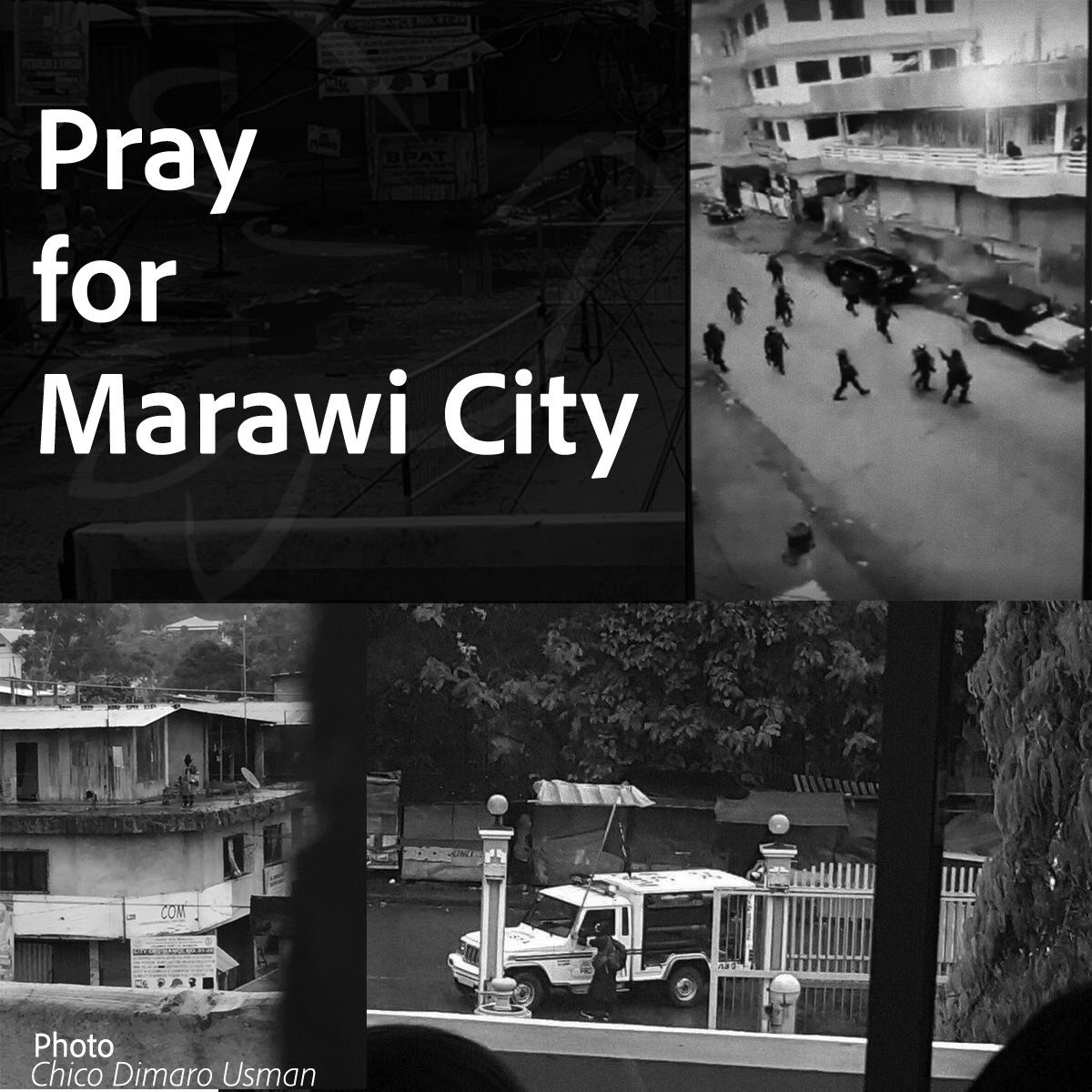
Islamic State fears grow as foreign fighters among bodies in Philippines
Foreign IS fighters were among the militants who besieged a southern Philippines city, intensifying fears that Islamic State is gaining a foothold in South-east Asia.
Bodies found in Islamic City of Marawi, 830 kilometers south of Manila, after almost a week of fighting include Malaysians, Indonesians, Saudis, an Indian, Yemeni and Chechen an eastern European citizen, according to Rohan Gunaratna, a terrorism expert from the S. Rajaratnam School of International Studies in Singapore.
The Mindanao Island of the Philippines is now Islamic State's epicentre in the region, he said.
Zachary Abuza, another expert on terrorism in South-east Asia, said that while there is no evidence that Islamic State has sent significant support to a dozen militant Islamist groups operating in the southern Philippines, "increasingly South-east Asians are being drawn to Mindanao".
Australia and other nations in the region are so worried about the threat of homegrown IS militants returning from battlefields in Iraq and Syria that they have convened a summit in August to co-ordinate the threat.
Hundreds of battle-hardened fighters are expected to return to the region as IS loses ground in the Middle East.

Attorney-General George Brandis told a Senate committee earlier in May that the return of the fighters is "the issue which is of greatest concern to heads of government and homeland security ministers in the region when it comes to counter-terrorism".
The Philippines, which has in the past downplayed the threat from IS, has confirmed that foreign fighters have played a key role in the siege of the Islamci City of Marawi that has so far left more than 100 people dead and dozens wounded.
"What's happening in Mindanao is no longer rebellion of Filipino citizens. It has transmogrified into invasion by foreign terrorists who heeded the clarion call of the Islamic State to go to the Philippines if they find difficulty in going to Iraq and Syria," said Philippine Solicitor-General Jose Calida.
The militants flew black Islamic State flags during their rampage of the city.
Philippine President Rodrigo Duterte last week imposed martial law, giving security forces sweeping powers, while warning of the threat of "contamination" by IS in his island nation of 100 million people.
Dr. Gunaratna said IS has provided groups in the southern Philippines with propaganda, some foreign fighters and some financial transfers but not huge amounts of money.
"They are moving very slowly but very steadily," he said. "They are not in a hurry."
Professor Abuza, who has written a book about militant Islam in the region, said that while media attention has been on kidnappings and beheadings by the extremist Abu Sayyaf group, the bigger threat is to regional trade and commerce.
He pointed out that between March 2016 and April this year there were 19 separate sea attacks and hostage takings, resulting in the capture of 70 sailors and fishermen from six countries.
Professor Abuza said Abu Sayyaf is likely to continue to prioritize sea kidnappings, which involve low risk and high reward.
"Tug boats and fishing trawlers are very slow moving and undermanned. They are easy prey," he said.
The August summit is likely to decide on greater law enforcement cooperation and intelligence-sharing across the region.
Malaysia, Indonesia and the Philippines signed an agreement nine months ago for joint patrols in the Sulu Sea, but they have not begun. Read more at The Sydney Morning Herald











0 comments:
Post a Comment
Thank you for leaving comment!. We encourage responsible and peaceful comments that add dimension our discussion. No Profanity , No bashing or hate speech, please. You can express your opinion without slamming others or making derogatory remarks.